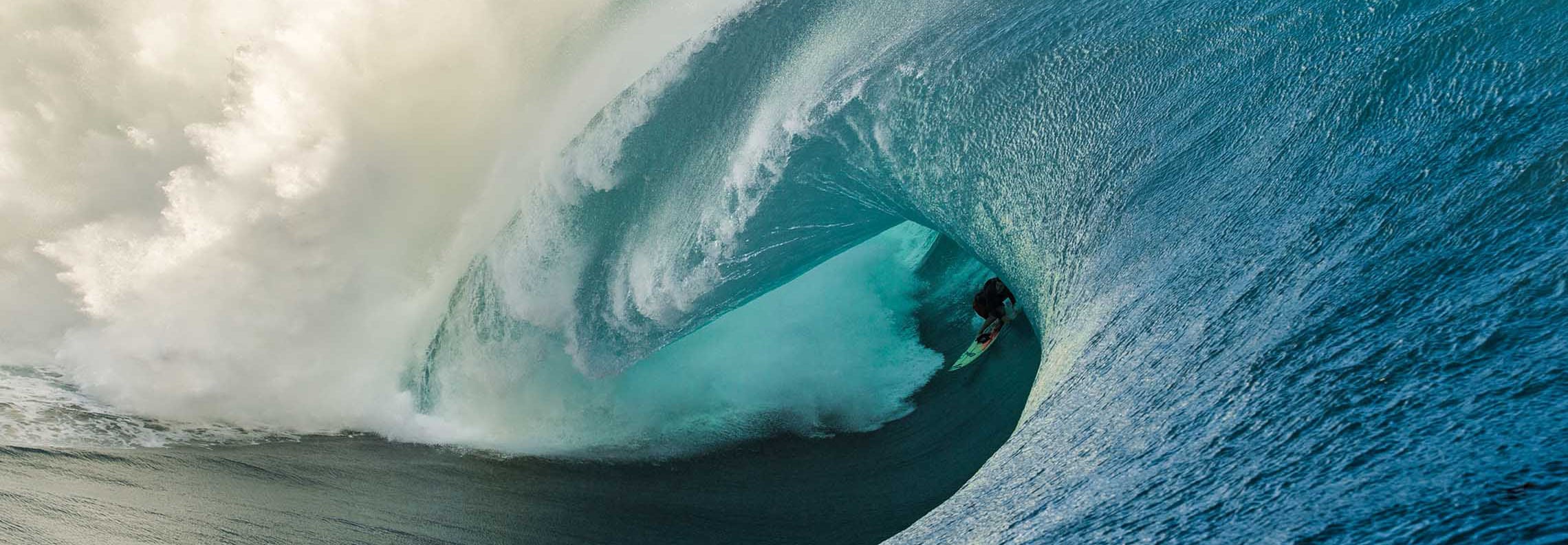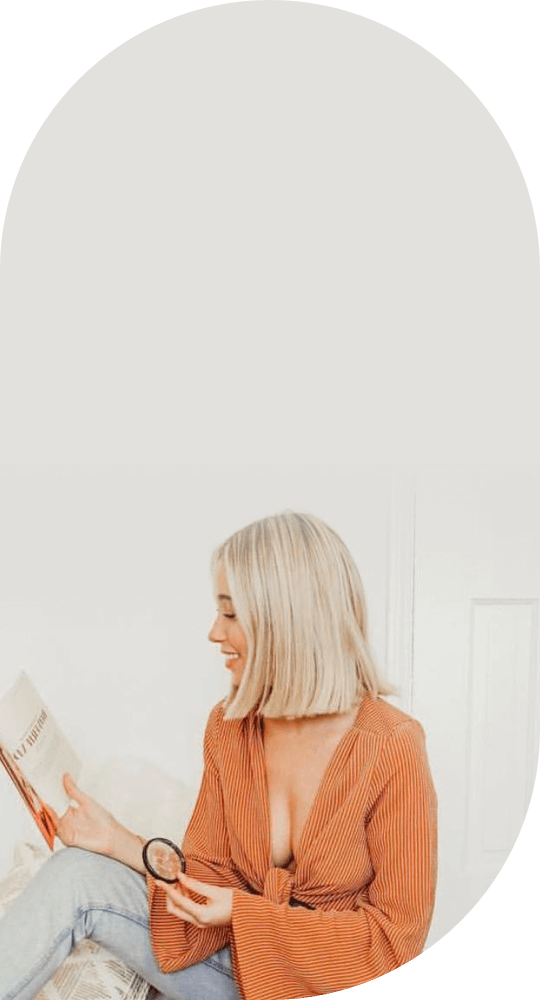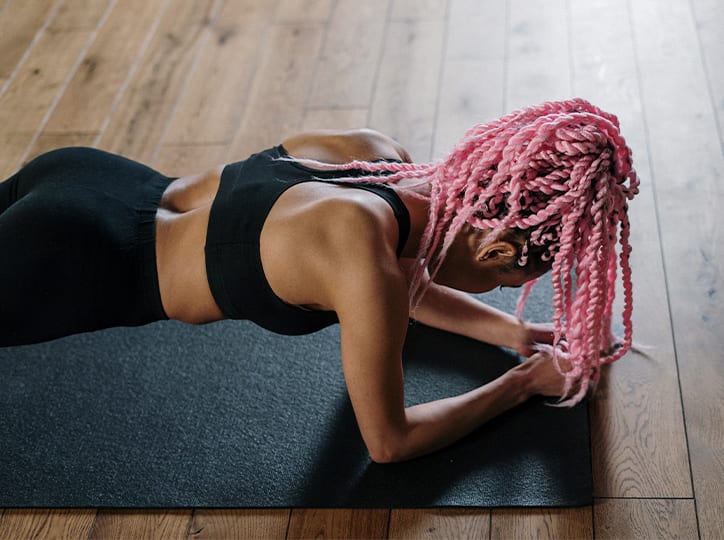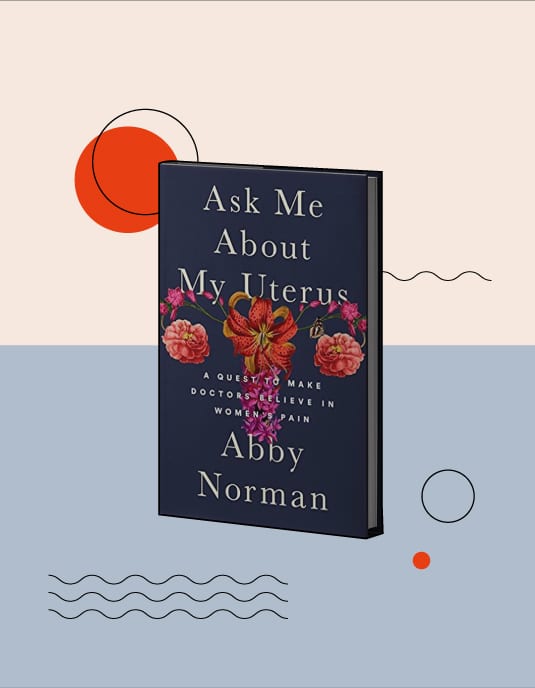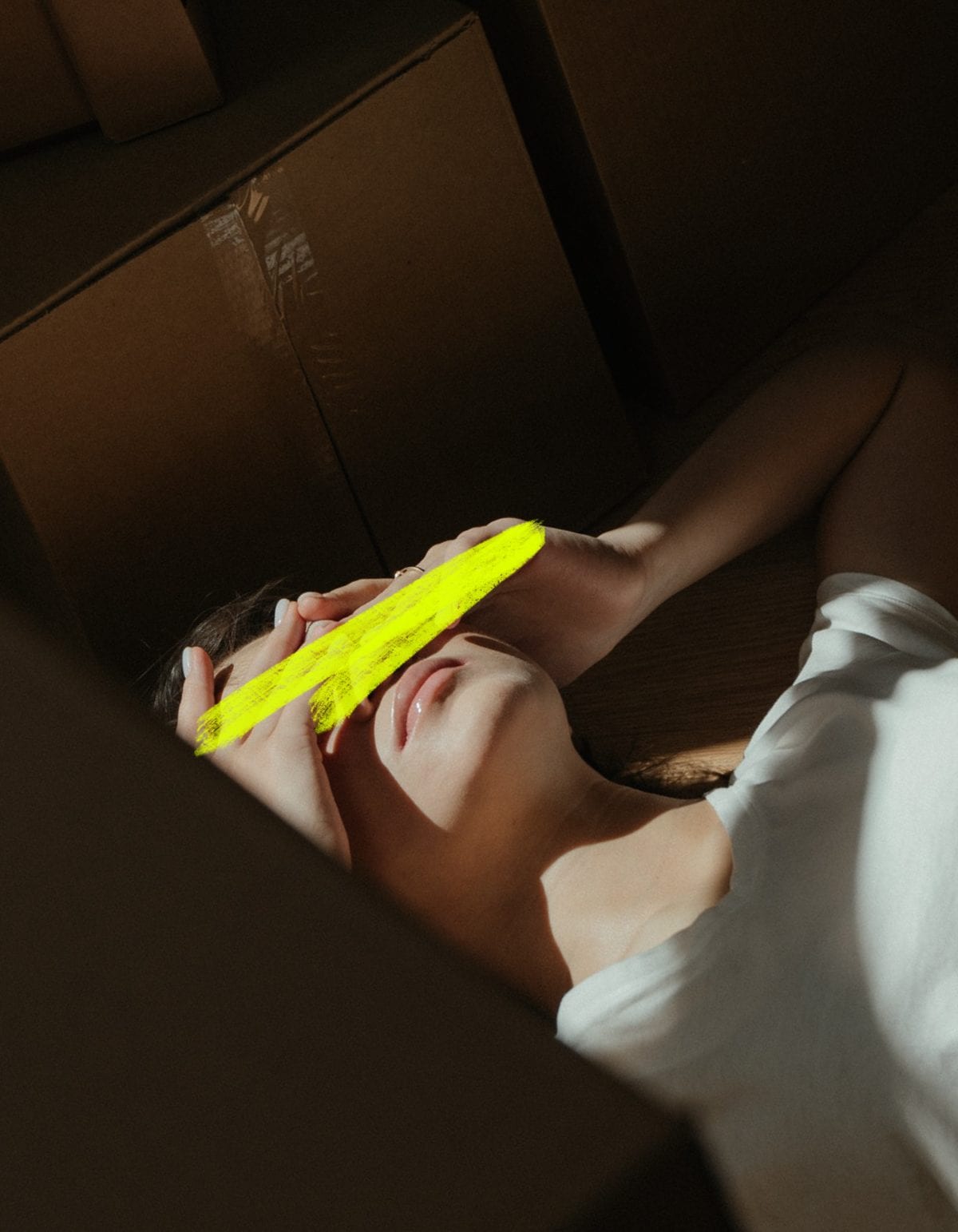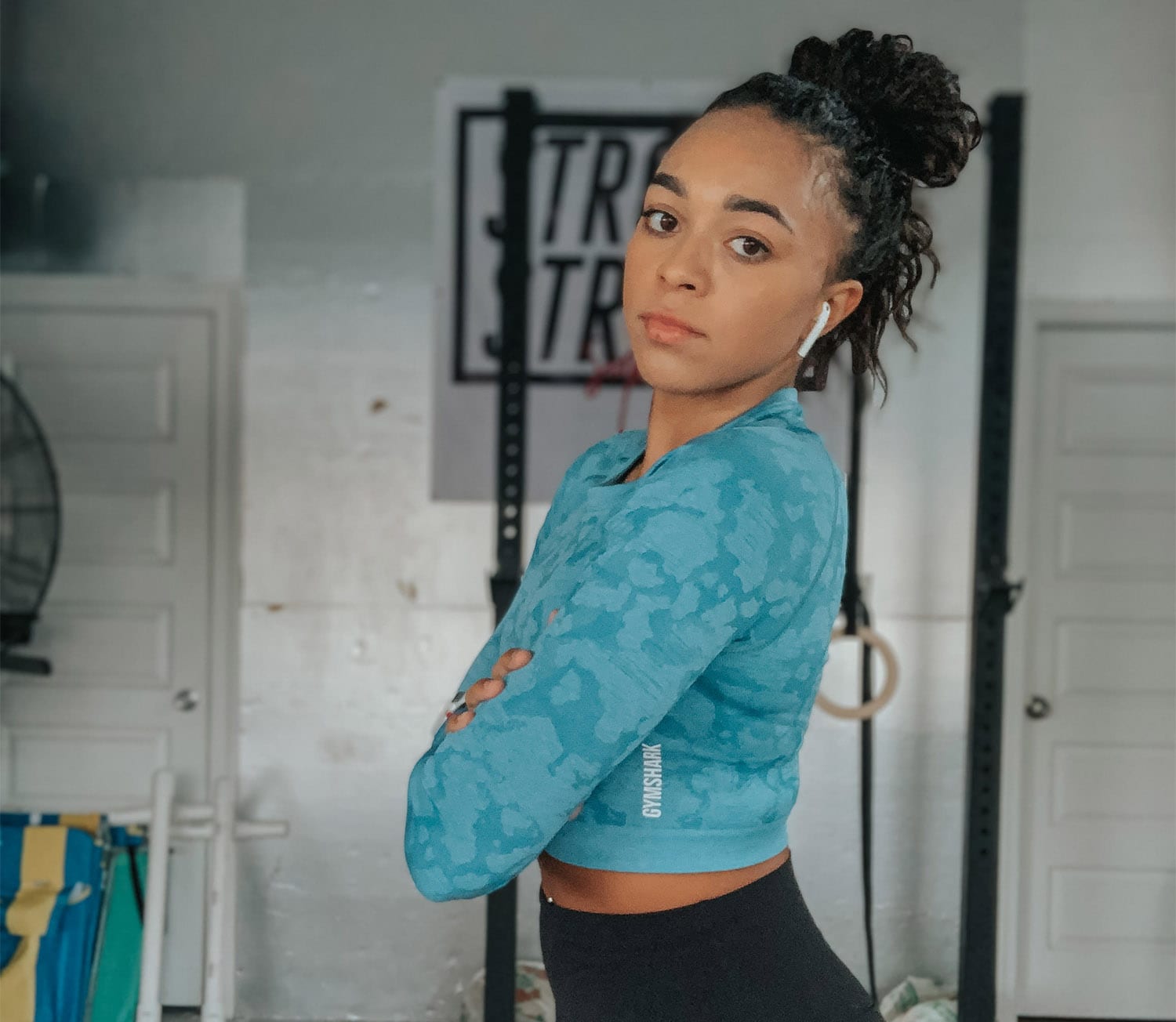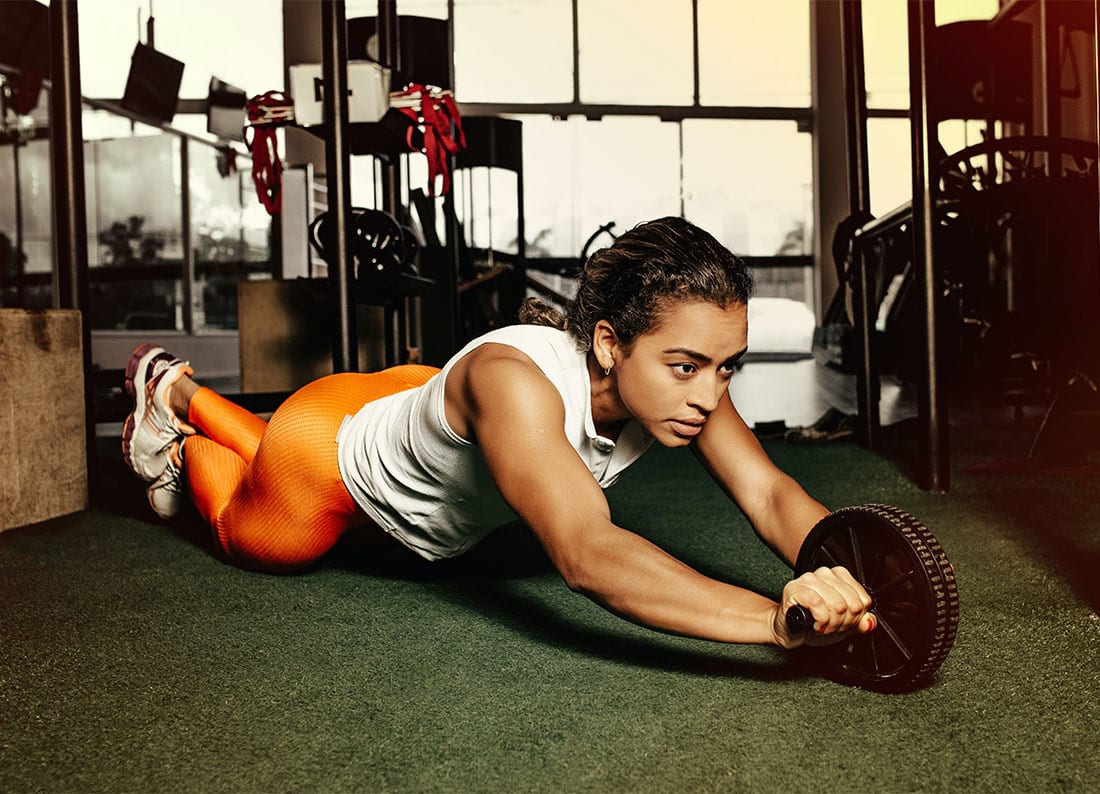“I like to be a female who uplifts other females.” – Keala Kennelly, Flex™ sponsored athlete
Our Interview With Surfing Legend Keala Kennelly
World champion big wave surfer Keala Kennelly doesn’t just compete, she pioneers. From battling boys on the water at age 9 before a girls’ surf category existed, to opening the door as the first female and openly gay big wave champion, Kennelly seems unstoppable as a champion of both waves and social justice activism.
But despite having a list of achievements as deep as the ocean, Kennelly has seen plenty of moments when the tides did not flow in her favor. As Flex’s first sponsored athlete, Keala sat down with us to chat about life as a groundbreaking female athlete, coming out, and bipolar disorder.
READ THE INTERVIEW:
Flex: Your list of accolades is so long. Is there any achievement you are particularly proud of?
In 2016, I won the [Pure Scot] Barrel of the Year Award at the XXL Big Wave Awards. That was considered a men’s award; a woman had never even been nominated, let alone win. I cracked the glass ceiling, and it was just amazing. It was a moment that lasted less than 30 seconds, but it’s been one of the greatest impacts on my life.
When I was younger, I hated when people told me that I couldn’t do stuff. It was so frustrating to me because they weren’t taking into account anything else about me other than my gender. You’re not inside my body! You don’t know how powerful I am, or how much heart or determination or resilience or pure grit I have. You’re just making assumptions based on the fact that I’m female. I’ve spent my entire career trying to prove that wrong.
Has a lot of your motivation been driven by that chip on your shoulder?
Yes! My haters are my motivators. I’m just really stubborn; I hate being told that I can’t.
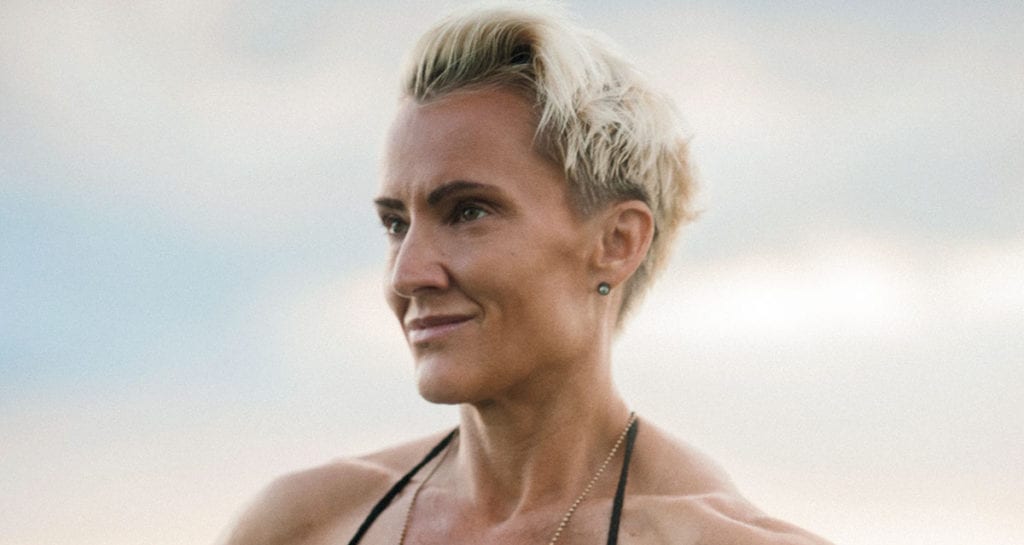
I finally won my world title after 20 years of trying to win one. To be able to go and deliver that speech so far along in my career felt really good. It also felt really good to be able to deliver it as an out LGBT person.
For so long in my career, I thought: you have to choose. You can either be yourself, be LGBT and be out, or you can be world champion. But you can’t be both. To be able to stand on stage and be both in front of the entire surfing world was really special to me.
Where did that feeling come from – that you couldn’t be both?
I remember coming on the tour, and there were these cautionary tales like, “oh there’s lesbians on tour – you don’t want to be associated with them, because if anybody thinks you’re a lesbian, you won’t get any sponsors, the judges will screw you over, and it will be bad. You will not be able to be world champion, you will not have a successful career, you’re not gonna have the sponsor money to get to events… basically, your career will be over.” Those were the times; that’s how it was.
Do those times still exist today?
There’s [currently] nobody that’s out on the world championship tour. If you just go by statistics, then you know there are LGBTQ people who are not coming out. The WSL (World Surf League) has pledged to be more inclusive and they’re making strides, but I don’t think the surfing world has caught up.
If athletes that are LGBT on tour are still in the closet, there’s a reason for that – it’s because they’re afraid. Afraid to lose their sponsors, how the other athletes are going to treat them, that their fans will turn on them. There’s still a lot to be afraid of.
What was the moment when you decided: I’m going to live as me?
I had a really close call in Costa Rica. My appendix ruptured, and I came really close to dying. In that moment when I was laying in the hospital thinking I was going to die, I thought, this sucks. I have so many more things I want to do in my life, and all the people that I’m on tour with and spend the majority of my time with don’t know me because I’ve been hiding who I am.
Thinking I was going to die when nobody knew the real me stuck with me. That was the catalyst for slowly starting to not hide who I am. I actually think the emotional stress of holding that secret caused my appendix to rupture. Not living your true self is such an awful feeling.
It’s hard to imagine you not being yourself. You seem so big, like a superhero.
My personality has always been “big”, but I would have to reign it in on tour, and then I would just run to the other pendulum as soon I was done competing and fly to some city where I would be anonymous. I was kind of a partier in my 20s and I would just go nuts to blow off the steam from having to reign it in on tour. That was not the healthiest, those two extremes.
Is the tour experience different for different genders?
After I came out, three of my four sponsors dropped me, and the fourth cut my salary in half. It was really shocking. I remember going from making decent money where I didn’t have to worry about paying my rent to thinking: now what?
There’s a really big difference in the way athletes are marketed. If you’re a male athlete, you’re going to get sponsored 100% based on how well you surf. If you’re a female, it’s so heavily based on what you look like and if they can play up your sex appeal in advertising.
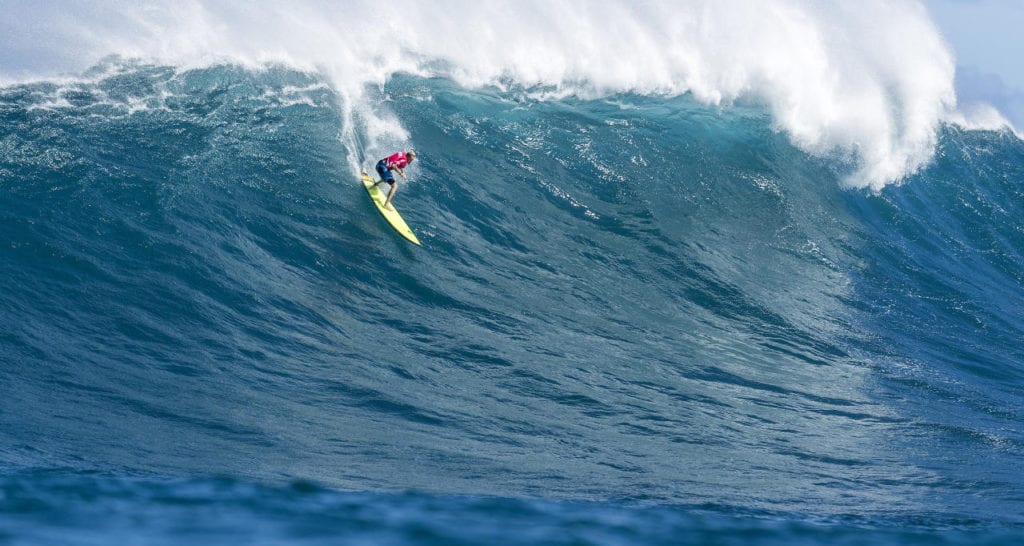
As a big wave athlete, you’re wearing so much gear that it’s hard to make that sexy! You’ve got your inflation vest, your wetsuit with floatation sewn in- I feel like I have massive thunder thighs when I wear that. But just the fact that you’re out there sending it and charging it…I think that’s sexy.
How does getting your period affect your training?
The first time I had my period come when I was scheduled to do the Hawaii state amateur championships, I’d won it so many years in a row, and I thought oh no, now I’m going to lose. I had never used a tampon before. I had been using pads, and my friend had to talk me through inserting this cotton wad up my cuckoo. I only put it in halfway because I was so freaked out by it, and it was hurting even more. I ended up pulling it out before I even went in the water and went in with nothing because It was so uncomfortable.
In my entire career, any time I know that I have a contest, or there’s a big swell that I see on the horizon and I know it’s about the same time that I’m going to hit my menstrual cycle, it’s really disappointing because I know it’s going to super affect the way I can perform.
I just brace myself for it. At the first onset, I start taking Advil to help with the cramps. When you do a water sport, and with the big wave stuff you’re out on the water for 4, 5, 6 hours, and you have this waterlogged piece of cotton sitting inside your body- you always know it’s there because it’s so uncomfortable. It’s like a rock in your shoe.
How did you come to work with Flex?
I tried Flex and it was such an amazing difference especially as a water athlete. It’s so comfortable and you just forget it’s there, you never have that waterlogged, gross feeling. It’s really been a game-changer for me.
The first time I tried Flex [Disc], I didn’t quite get it in right and it leaked a little bit, but once I figured out how to insert it properly, it was hermetically sealed (laughs). And you can wear it for so long, it‘s great. I’ll go work out with my trainer, get some lunch, then maybe I go for a surf, and then I’m like, oh! Wait, I still haven’t had to change my feminine hygiene product, that’s amazing.
I DJ as well and if I’m an hour and a half into a three-hour set, I can’t just step away. Like oh god I hope it doesn’t bleed all the way through! So stressful.
How has Flex affected your willingness to compete on your period?
I still would rather not be on my cycle if I’m going to compete, because I still get cramps. But as far as performance, Flex performs so well in the water that I don’t have to worry about that. It’s actually cut down on my cramps. They’re not as intense, so that’s been nice.
You’ve DJ’ed on four different continents?
Yeah, I just DJ’ed a huge party last month for Pinterest and I happened to be on my cycle. I had to fly a red-eye, and I was so happy to have Flex, to not have to step over people to change my tampon in the middle of my flight.
I went in and did soundcheck around 5 pm, and the party went until after midnight. I didn’t have to change until I got back to the hotel early in the morning. The best part is just not even having to think about it. Just set it and forget it! (laughs)
How did you get started as a DJ?
That came from living that double life of being on tour and being reserved as an athlete and having to hide my sexuality, and censor who I am. When I would get off tour I would run to a city and want to party my ass off around gay people, and just being in that scene and you’d go out dancing and the music would be so good or the music would be so terrible and it could ruin your night.
I thought, who is going to determine if I have a bad night or a good night? And that’s when I found out about DJ-ing and I thought, I need to do that because I’m a control freak. (laughs).
It was just a hobby at first. And when I started losing surfing sponsors, it became a supplement to my income. Now, it’s kind of my stable job.
DJ-ing and surfing are both performance-based. You mess up one thing, and everyone is going to look at you. I’ve done acting too. I don’t like to be judged, but I keep gravitating towards careers where I am being judged so I don’t know…maybe something to talk to my therapist about!
Can you speak more about the importance of mental health in your life?
I got diagnosed with Bipolar Type II (rapid cycling) a little over a year ago. Getting diagnosed has been such a game-changer for me. I’ve really suffered my whole life not understanding why I would fall into these lows, and when I finally got properly diagnosed and put on the right mood-stabilizing medication, it tremendously helped me stabilize. I don’t have these extreme highs and lows anymore. It’s been beneficial to every area of my life.
Bipolar is a massive spectrum, like autism or sexuality. Here you have people who are 100% straight who wouldn’t even be able to look at the same sex as attractive, and then you have 100% gay, and most people fall somewhere on the spectrum. Bipolar is a massive spectrum that a lot more people fall on than people realize.
How has the diagnosis affected your habits, routines, rituals, if at all?
I just umm… I’m just so much happier. Like my whole outlook on life changed. Even just getting on the meds for three weeks, the way I perceived things changed.
Whereas before I got on the right medication, it was like I could have all these wonderful things going on, all these positive things happening, but if there would be this one little negative thing here, and I would just fixate on it and ruminate on it. It was like I couldn’t even see the good stuff.
After I got on the medication, it was like I could see all the positive stuff now. Yes, there are negative things but they’re small, and what I really see now is the big picture and all this positivity. It just really changed the way I see things and the world around me.
Another thing, relating to menstruating, is when right before my period when the PMS starts kicking in, my chemicals change drastically. When I got on the correct medication, my PMS symptoms were way less intense which has been super helpful.
The bipolar/ mental health stuff isn’t something I thought I was going to speak publicly about, and then a good friend of mine hung himself and he’s still recovering from that. I was having conversations with him about my experience because I knew he suffered from depression, and when he hung himself that was a big wake-up call to me that I need to share and speak publicly about this.
Because if you can help one person that’s suffering and guide them and save them from doing something awful like taking their own life or attempting to, then that’s a risk I’ve got to take, even though there is a huge stigma about it.
It takes individuals one at a time, if necessary, to help end that stigma…
I think it’s the same as the gay thing. Like, Ellen DeGeneres got crucified for coming out as a gay person, but she opened the door to make it completely acceptable today. It takes brave, brave souls.
The spectrum, be it mental health or sexuality or even gender identity, is helpful to normalize it, because it’s not so black and white.
Everything is gray and I think that we are afraid of things we don’t understand. We’re afraid of what we don’t know – that’s scary to us. When you have people who are brave enough put a face to it and to normalize it, I think that’s when the scary goes away and It becomes accepted.
Lightning Round Q&A
Favorite book? I’ve been reading lots of books about bipolar. One that I can recommend is Why Am I Still Depressed [by Jim Phelps]. I’ve bought that one for a lot of people to help them get diagnosed.
Would you rather have the superpower of flight or invisibility? Oh wait! There’s another book that I forgot. I’ve been reading this book by Brian Grazer who I worked with on Blue Crush, Face to Face. It’s about how face-to-face meetings are so important in this new digital world- we’re kind of losing that.
Coffee, tea, or neither? Coffee. don’t talk to me until I get a coffee in me. I have an espresso machine. It has to be as easy as possible. I have one of those machines where you can be one eye open and push a button and get a nice espresso. I can’t even form coherent sentences until I’m two cups in.
Go-to comfort meal? When I feel like I’m sick or if I’ve been away from Hawaii for too long, I crave Vietnamese pho, that’s a comfort food for me. Otherwise, on the daily – poke bowls. Oh, and tacos! I can always eat tacos. I can eat tacos like every day.
Period snacks? When I’m on my period, it’s the only time when I start craving sweets and sugar. I don’t normally crave that, but all of a sudden I need to find chocolate, that’s kind of a tell that something is coming.
Would you rather fly or be invisible? Flight, for sure. When I was a little kid, I used to have these vivid dreams that I could fly. One time I had such a vivid dream that I went up on my parent’s toolshed and jumped off and started flapping my arms. I was so sure that I was going to take flight and of course, I fell on my ass.
What’s a simple pleasure for you? The smell of the ocean. The salt air. Yeah!
What advice would you give to your 25-year-old self? The first piece of advice I’d give is, it’s not depression, it’s something else. Go read this book and go see a psychiatrist, and don’t be scared. It’s going to get so much better!
The other piece of advice I’d give is, don’t be scared to come out of the closet, it’s going to be so much better. Like initially, it’s going to suck for like a second, then you’re going to feel so free. All the scary things that you’re afraid of right now, once you get on the other side of that fear, your life is going to be so much better.
© 2021 The Flex Company. All Rights Reserved.
